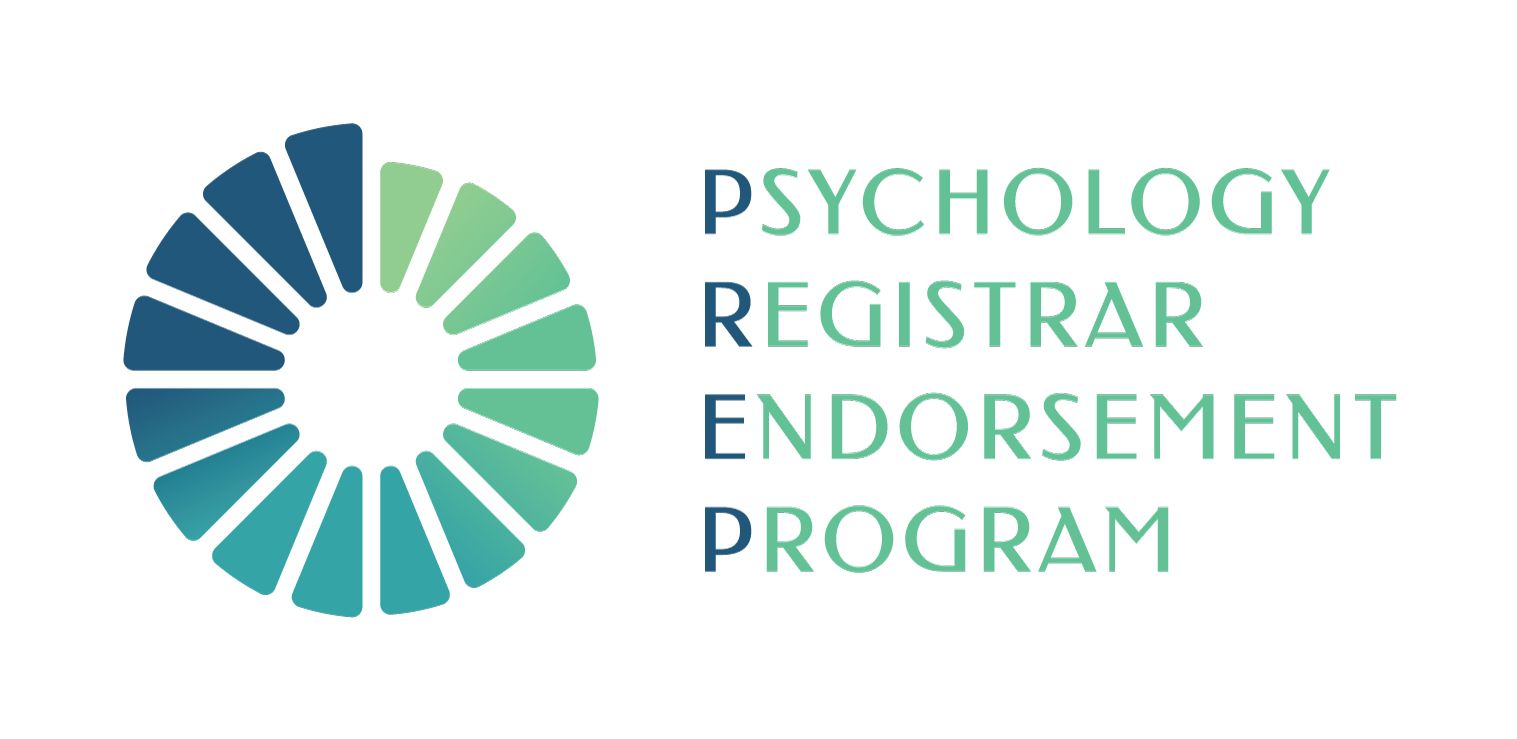One of the biggest problems facing mental health right now is workforce shortage. The problem has become so far-reaching that it has led to widespread media coverage, and it is creating serious difficulties for clients and organisations alike.
However despite this, I often see advertisements for psychology positions requiring a minimum of 5 years experience. This is especially true for EAP providers and private practices. Like many things, I assume the primary intent is to provide a high quality service to clients with the assumption that more experienced practitioners will provide this. However, the current state of research would tell us this is not an evidence-based position.
Not only do registrars help you to meet the current surging demand on waitlists, they are also capable of offering high quality services to clients, energy and enthusiasm, important contributions to long-term business continuity, valuable networks of colleagues, and a deeper relationship with you than someone you may have met through a networking event or job advertisement.
Here's 3 reasons you should hire a registrar (although there are MANY more) and some tips for recruiting these magical unicorns!
An excellent
real world longitudinal study by Goldberg and colleagues recently cast doubts over the “experience myth”. While there is some evidence to support the idea that more experienced clinicians have greater efficiency (ability to achieve the same gains faster) and judgment (such as making decisions regarding mandatory reporting or risk assessment), Goldberg's research found that over the course of twenty years, psychotherapists as a whole deteriorated in terms of their client outcomes.
In light of Goldberg's findings, it appears psychotherapists with vast experience may not necessarily achieve the best client outcomes. A client of a registrar is not somehow getting an inferior experience, particularly if we can harness the advantages of well experienced supervisors.
This assertion is supported by our own experience at Benchmark Psychology. We have trained well over 20 registrars within our team. Because we routinely track and analyse outcomes, we are able to compare client outcomes for registrars with more experienced psychologists. We consistently observe our registrars achieving outcomes as good as (and often better than) their more senior colleagues.
Psychology registrars have just completed a minimum of 2 years of close scrutinised practice of their craft. This means that they are still in the practice of self-reflection and professional growth!
The biggest positive difference that we see in registrars is that they have not yet slipped into atuomaticity. Yes, this means that they are cognitively working very hard and they may not be able to handle the same client load as a more experienced psychologist. BUT this is because each new client that comes through the door is getting a thorough assessment, a proper formulation and an individualised treatment plan.
They have not yet fallen into the unfortunate space of many experienced psychologists who treat every client with the same presentation in exactly the same way, are stuck using techniques that are now out of date, or who feel they know best purely because they have sat in that chair for longer than others.
Despite the data showing how amazing they are, registrars are keen to learn and this means that you have an opportunity to be a part of their journey and help them to grow and this makes for wonderful team members and great relationships.
In preparation for writing this article I had to look back through our records and think back to the many wonderful registrars we have had over years. Many of them are still with the practice, and make up the core of the team. We are 100% confident in their experience, training and judgment, and this creates a nice atmosphere for junior people, knowing that it does not matter who they ask a question they will get a considered and sensible answer.
Several have gone on to start their own practices, as we could not be more proud of them and what they have accomplished. In many ways, having these former registrars who are now our peers as business owners helps us form supportive networks both for referral, and peer support.
Other of our former registrars have moved to the public sector and in some cases are kicking serious goals in quite senior positions. Once again having these contacts in the public sector is excellent to strengthen the networking between public and private sector and help to ensure continuity of care for the clients we all look afte
It is important registrars are well supported with quality training and excellent supervision to support them through the more challenging decisions, and to help them become efficient at what they do. Roles should recognise their professional developmental stage and provide appropriate expectations and supports to establish strong professional habits. Increasingly, new graduates are aware that they are in demand and have choices about the kind of workplace they want to join so consider what will help you to be an employer of choice.
What are reasonable expectations for new graduates? In our opinion, registrars need to be given time to build their clinical and administrative 'fitness' and be provided with a small but growing caseload rather than be expected to hit the ground running. Then over the course of their first 3 - 6 months they could be expected to build to a maximum of 20 clients a week (depending on the setting and client base). Reasonable KPIs will help you to attract and retain great early career clinicians.
What are registrars looking for? Registrars are fresh out of an environment that has provided a lot of clinical and emotional support with high supervision hours and a cohort of wonderful peers. They are looking to continue learning in a supportive environment while also continuing to be challenged and inspired by the organisation's leaders and values.
What are their requirements? Registrars need to complete at least 176 client contact hours per year, approximately weekly supervision with an endorsed psychologist, and about 40 hours of CPD relevant to their area of endorsement per year. Many workplaces are now offering this inhouse or through CPD and supervision allowances.
Benchmark Psychology has launched the Psychology Registrar Endorsement Program (PREP) to help support business owners who can see the value of investing in the development of registrars, but may not have the time to supervise or have the area of practice endorsement to provide this program. If you are keen to employ or contract with registrars but for whatever reason are unable to provide the supervision and training they need, get in touch to see how we can help you.
You can now advertise your vacant roles right here on the PREP website! Click the link below to submit your information.


